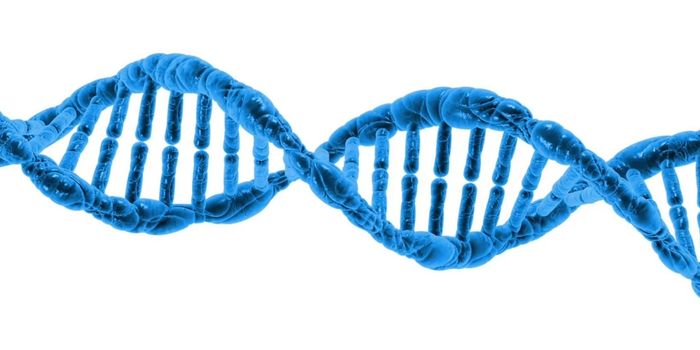It may come as a surprise to some people to know that some genes are capable of moving around in our genome. Scientists discovered “jumping genes” in the 1940s while studying corn. Since then, many have hypothesized that these movable genetic elements could lead to cancer if their insertion disrupted the cell’s normal processes. Direct evidence to support this was missing,
until now.
For the first time, scientists at the University of Maryland successfully linked the insertion of a “jumping gene” to the silencing of a tumor suppressor gene known as APC. They found that the insertion was present in more colon tumor samples but not in healthy tissues, indicating that the mobile DNA elements can spur colon cancer generation.
Known formally as transposons or transposable elements, mobile DNA make up as much as 45 percent of the human genome. Of this, the research team focused on one type of mobile DNA known as LINE-1 or L1, which make up about 17 percent of the human genome. A significant number of L1s are still active in the genome, and rogue insertions of L1s have been implicated in hemophilia and severe combined immunodeficiency.
To find direct evidence that L1 insertions play a role in cancer, the research team analyzed colon tumor samples from 10 patients. They screened the samples for L1 insertion in the APC gene, which is known to be mutated in 85 percent of colon cancer cases. In one patient, they found evidence of L1 in tumor samples but not in healthy tissues.
"This is really a new way to understand how tumors grow," said Scott Devine, associate professor of medicine at the University of Maryland, and senior study author. "We think it could explain a lot about the mutation process that underlies at least some cancers." Specifically, the APC gene works by suppressing tumor growth. Thus, if an L1 insertion turns off APC, then cancer cells can easily grow out of control to form the cancer.
But is this the smoking gun for mobile DNA in causing colon cancer? Certainly the findings add supporting evidence that mobile DNA are involved in cancer, but L1s are not the only cause. In nine patients, the team did not find presence of L1 insertions in the APC gene. And in the one patient who did express L1 insertion, there was a strong family history of cancer. The authors note that L1-related cancer may be variable among people, and some may be more likely to be affected by L1 insertions than others.
Additional source:
Science Daily









